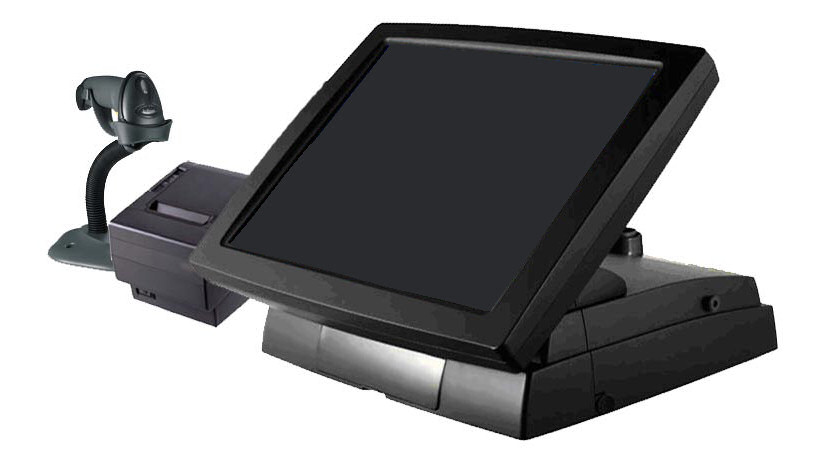At the beginning of the year we heard much about Omni Channel strategies as it dawned on retailers like Harvey Norman, David Jones and Myer that this Internet thingummy they’d heard about wasn’t going away.
When asked at the time what a ‘omni channel’ strategy was, Gerry Harvey admitted he’d had no idea what it was a week before it was announced while Myer CEO Bernie Brooks said late last years it was something about having electronic kiosks and free delivery.
So it was interesting to hear the CEO of US cloud computing service Netsuite, Zack Nelson, talk about his company’s ‘omni channel strategy’ this week at a lunch in Sydney.
On being asked what exactly Netsuite’s omni channel strategy was Zack let the cat out of the bag about the holy grail of the omni channel.
“There are so many channels, there are no channels,” said Zack. “Omni-channel was the only word we could find.”
So we can safely put the omni-channel myth to rest – the idea businesses can focus on one, two or three channels such as bricks and mortar, the web, iPhone apps or tablet computers was always flawed and risked locking companies into one or two technology platforms at a time when things are changing quickly and in unexpected ways.
Netsuite’s response is to adopt ‘responsive design’ principles where sites adapt to the device being used rather than spend lots of money building apps for devices that might be redundant in the near future.
This is true of business in general – we often forget the core role of our businesses, like the retailer’s mission is to get goods into the hands of eager consumers and TV stations or newspapers are ways of delivering advertising. Instead we fixate on the type of delivery vans we use, the background colour of our websites or which apps we are going to develop.
For retailers there’s a far more fundamental problem which Micheal Hills of CoCo Republic described at the same lunch, “people boast about buying designer labels online at discount prices but still want to go to bricks and mortar stores.”
That paradox is the sort of problem many businesses have to deal with which aren’t going to fixed by trendy buzzwords.
In Netsuite’s defense their use of the word ‘omni-channel’ is about offering multiple currencies and languages in the one package rather than selling to customers on different platforms. They aren’t using it as a cover for failing to notice their markets have changed in the last decade.
The main change in the market place is the good old fashion imperative of getting back to the basics of service and delivering value for money. The days of making money from finance packages or vendor rebates instead of looking after the customer are over.
Some managers are yet to understand this and their companies won’t have the luxury of indulging in buzzwords over the next decade.

Leave a Reply